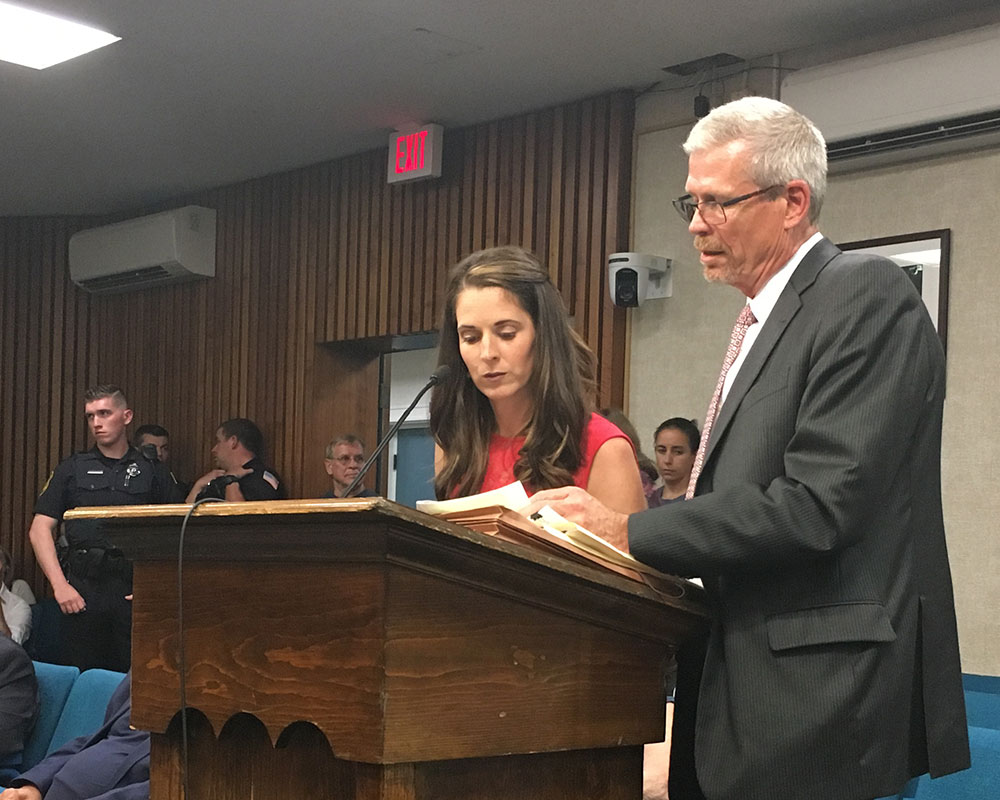A Superior Court judge heard arguments Thursday for and against the City of Haverhill’s request to dismiss most claims made against it by the owner of a downtown cannabis shop.
Stem, 124 Washington St., defended its argument the retailer should not pay “community impact” fees until or unless the city proves there is an added cost to hosting cannabis businesses. The city said it would document those costs sometime after Aug. 24. Attorney Michelle E. Randazzo, representing Haverhill, explained “potential impacts are extraordinarily broad” and may include impacts in schools, increases in drug use and need for police activities.
“We’re whittling it down, calculating it and documenting it,” Randazzo said, noting the city has retained a consultant to help compute those costs.
Attorney Thomas K. MacMillan, representing Stem, argued the business never said it didn’t want to pay, but was entitled under the host community agreement to an accounting of what the city claims are adverse impacts. He noted Stem paid the city a fee of $358,942 May 27 plus undisputed property and local option taxes for a total of more than $600,000. He further argued negotiations typically mean “give and take,” but the city held the upper hand since host agreements are required before cannabis shops may open.
“There wasn’t any room to maneuver. There wasn’t any room to negotiate,” MacMillan said.
Judge Janice Howe, sitting in Newburyport Superior Court, asked questions, but did not issue an immediate ruling.
In its motion to dismiss, Haverhill says it is owed the money, not necessarily because of state law, but because the business agreed to do so in a contract; that it is too early to document impacts Stem may have caused especially in light of the health pandemic; Stem has not been financially harmed, but rather appears to have earned $12 million since opening; and not enough time has passed to verify and negotiate community impact costs.
MacMillan said references to Stem’s income are misleading. “It may gross a lot, but doesn’t net as much as you think,” he said. He added the impact fee is a “significant amount of money to tie up” while it waits for the city to compile a list of alleged costs. He told the judge Stem faces the problem every year for the five-year-span of the agreement.
Randazzo said Stem’s request for documentation is premature, noting there is no legal, regulatory or contractual deadline. Instead, the city could not begin to calculate impacts until Stem had been open and measurements could take place. She added the state Cannabis Control Commission allows “anticipated” costs to be billed. MacMillan countered, “the city is trying to manufacture impacts retrospectively.”

